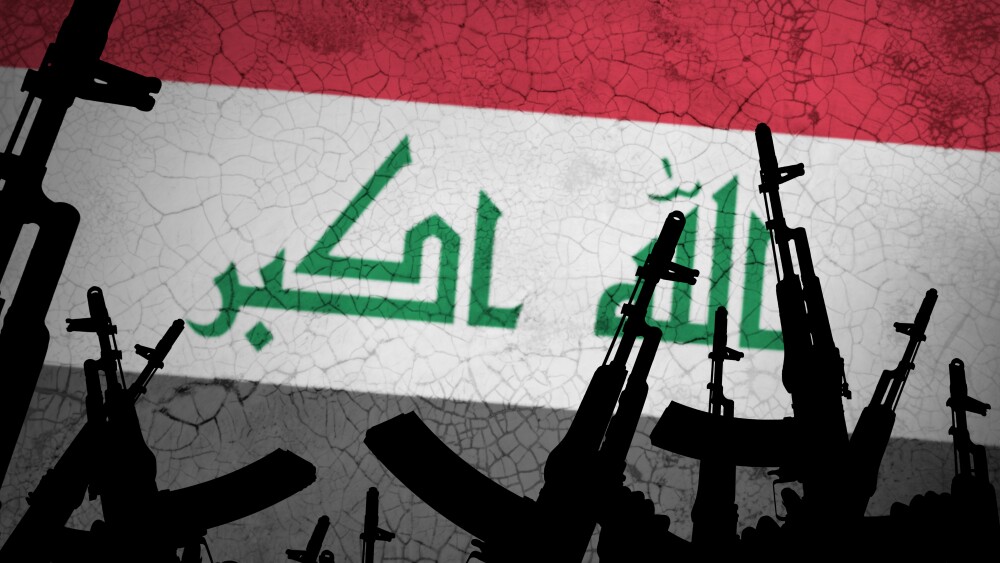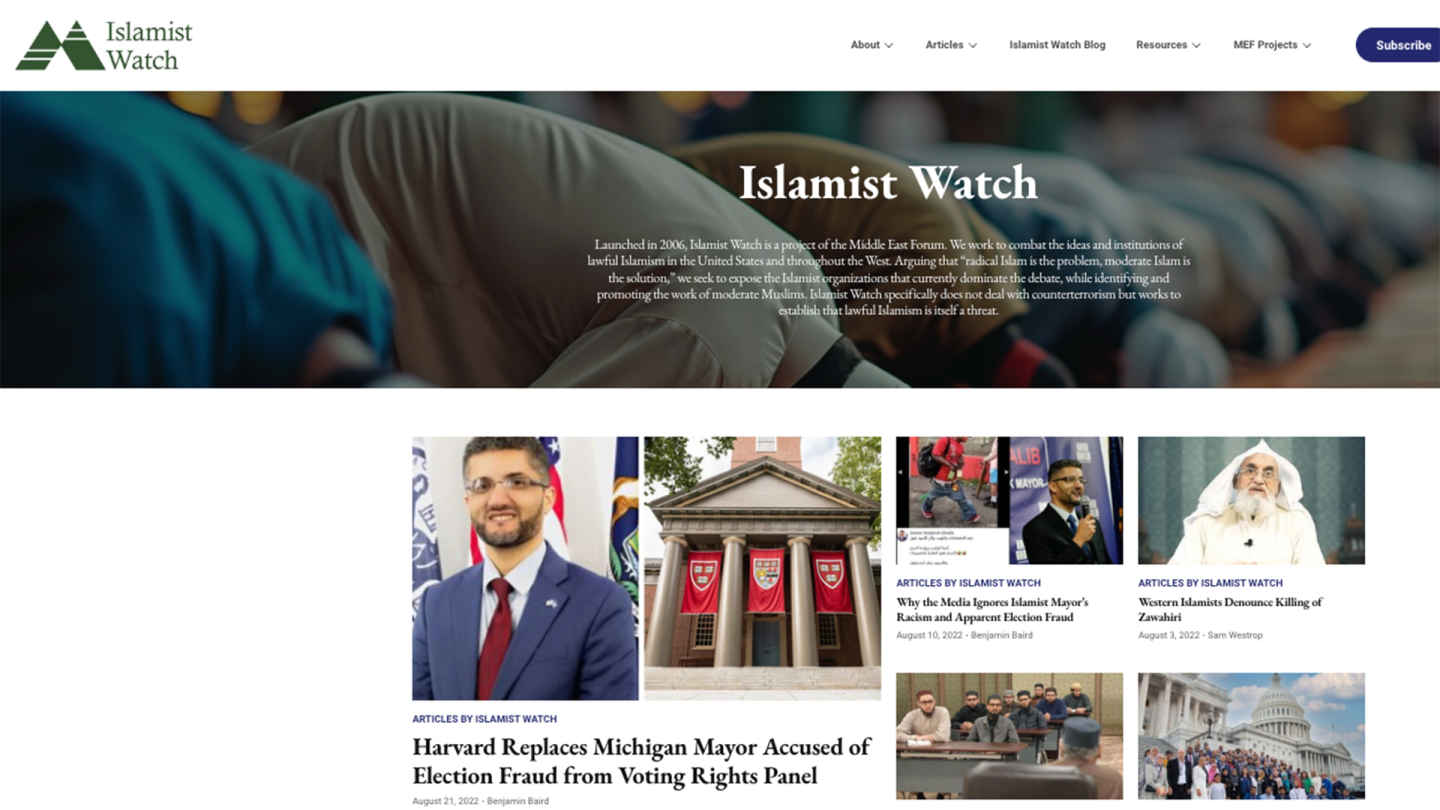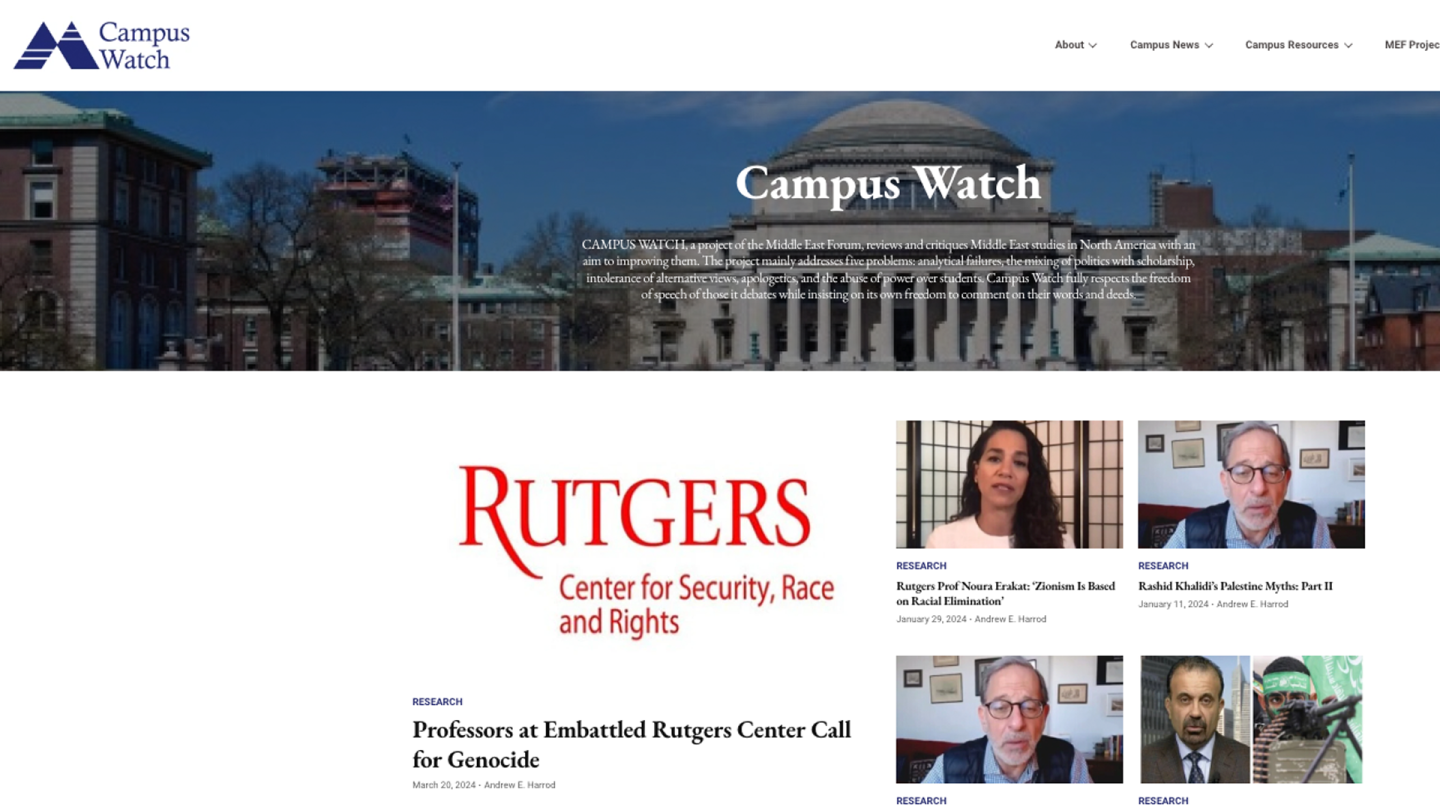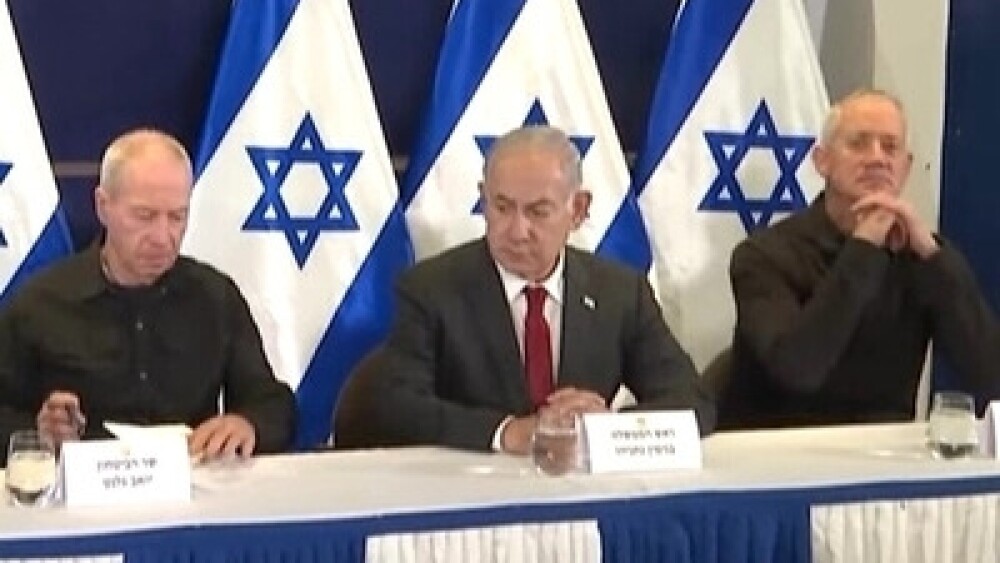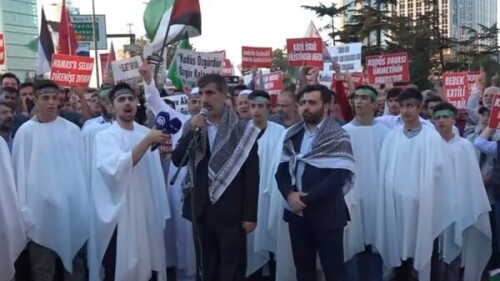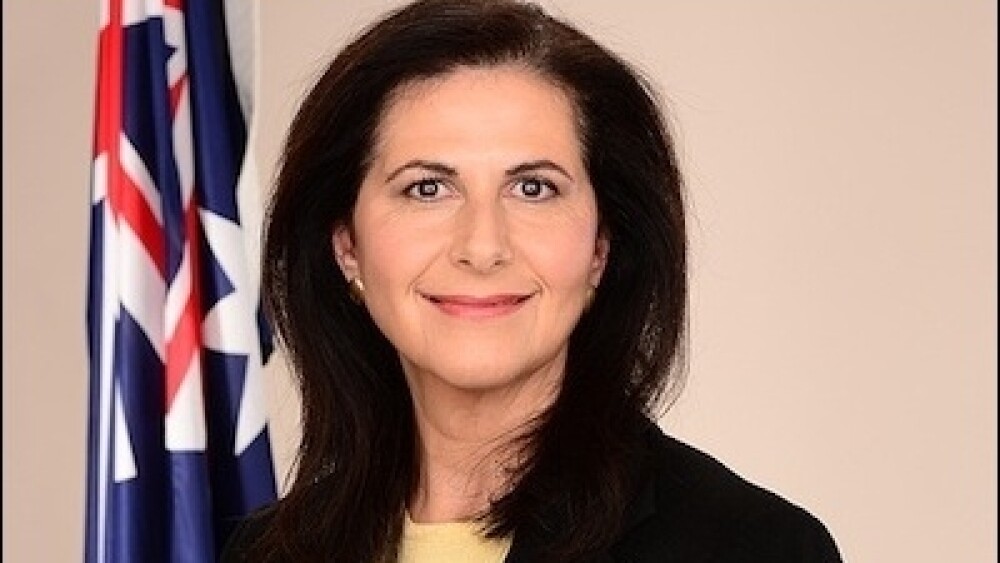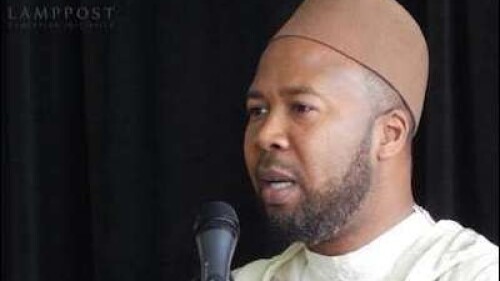Taj Hargey Calls Out U.K. Muslims for ‘Theological Populism’
Mounting Evidence Confirms That ISIS and Isis-K Have Been Exploiting Turkey as a Logistics Hub for Their Operations
With Hostages and Prisoners Held as Pawns in Azerbaijan’s Disingenuous Game, the Trump Administration Should Act
Hamas Is a Conscious Adherence to Abomination
The Only Opposition Movements That Matter Are Those That Enjoy Support Inside Iran, Not Those Built by Washington
The Truth Is That the Citizenry of Gaza Elected Hamas as Their Leaders and Rulers
Greece Must Seize the Moment and Check Erdogan’s Aggression Before It’s Too Late
Tehran Is Expanding Beyond Proxies to Forge Direct State Alliances, with Qatar as a Key Enabler
If Erdoğan Is Serious About Change, He Should Release PKK Founder Öcalan from Prison and Step Down
Spotlight: Israel and Hamas Make a Deal
Israel and Hamas have entered into the first phase of a peace agreement for Gaza. If approved by the Knesset, Israel will withdraw to a predetermined line and the Israeli hostages held by Hamas—20 living and 28 dead—would be freed within 72 hours. Israel also would release an agreed-upon list of Palestinian prisoners.
What’s next? Even if an internally divided Hamas releases the hostages, will it agree to disarm and refrain from participating in any new Gazan government? Will events proceed so that Israel believes it can withdraw from Gaza, even partially? What security measures are possible under such circumstances? Ending incipient hostilities is a necessary first step, but only if these and other seemingly intransigent problems still under negotiation are solved.
What’s next? Even if an internally divided Hamas releases the hostages, will it agree to disarm and refrain from participating in any new Gazan government? Will events proceed so that Israel believes it can withdraw from Gaza, even partially? What security measures are possible under such circumstances? Ending incipient hostilities is a necessary first step, but only if these and other seemingly intransigent problems still under negotiation are solved.
Israel’s Capacity, Once Roused, for the Application of Hard Power Has Been Amply Demonstrated
Middle East Quarterly - Current Issue
Founded in 1994 by Daniel Pipes, MEQ is the Middle East Forum’s journal intended for both scholars and the educated public. Policymakers, opinion-makers, academics, and journalists write for and read the Quarterly, which is known for exclusive interviews, in-depth historical articles, and book reviews on subjects ranging from archaeology to politics and on countries from Morocco to Iran.
Fall 2025 Volume 32: Number 4
Fall 2025 Volume 32: Number 4
-
The U.S. State Department Has Designated Four Iran-Backed Shi’a Militias as Foreign Terrorist Organizations, Following Years of Advocacy by the Middle East Forum
-
Middle East Forum Report Exposes Terror Ties Among Faculty as University Reels from President’s Resignation and $790M Federal Funding Freeze
-
DHS: ‘We Take the Results of the MEF Report Very Seriously’
Middle East Forum Observer
Founded in 2024, the Observer provides rapid analysis on leading Middle East developments, from Marrakech to Mashhad and the Bab el-Mandeb to the Black Sea.
Launched in 2006, Islamist Watch is a project of the Middle East Forum. We work to combat the ideas and institutions of lawful Islamism in the United States and throughout the West. Arguing that “radical Islam is the problem, moderate Islam is the solution,” we seek to expose the Islamist organizations that currently dominate the debate, while identifying and promoting the work of moderate Muslims.
CAMPUS WATCH, a project of the Middle East Forum, reviews and critiques Middle East studies in North America with an aim to improving them. The project mainly addresses five problems: analytical failures, the mixing of politics with scholarship, intolerance of alternative views, apologetics, and the abuse of power over students. Campus Watch fully respects the freedom of speech of those it debates while insisting on its own freedom to comment on their words and deeds.

























